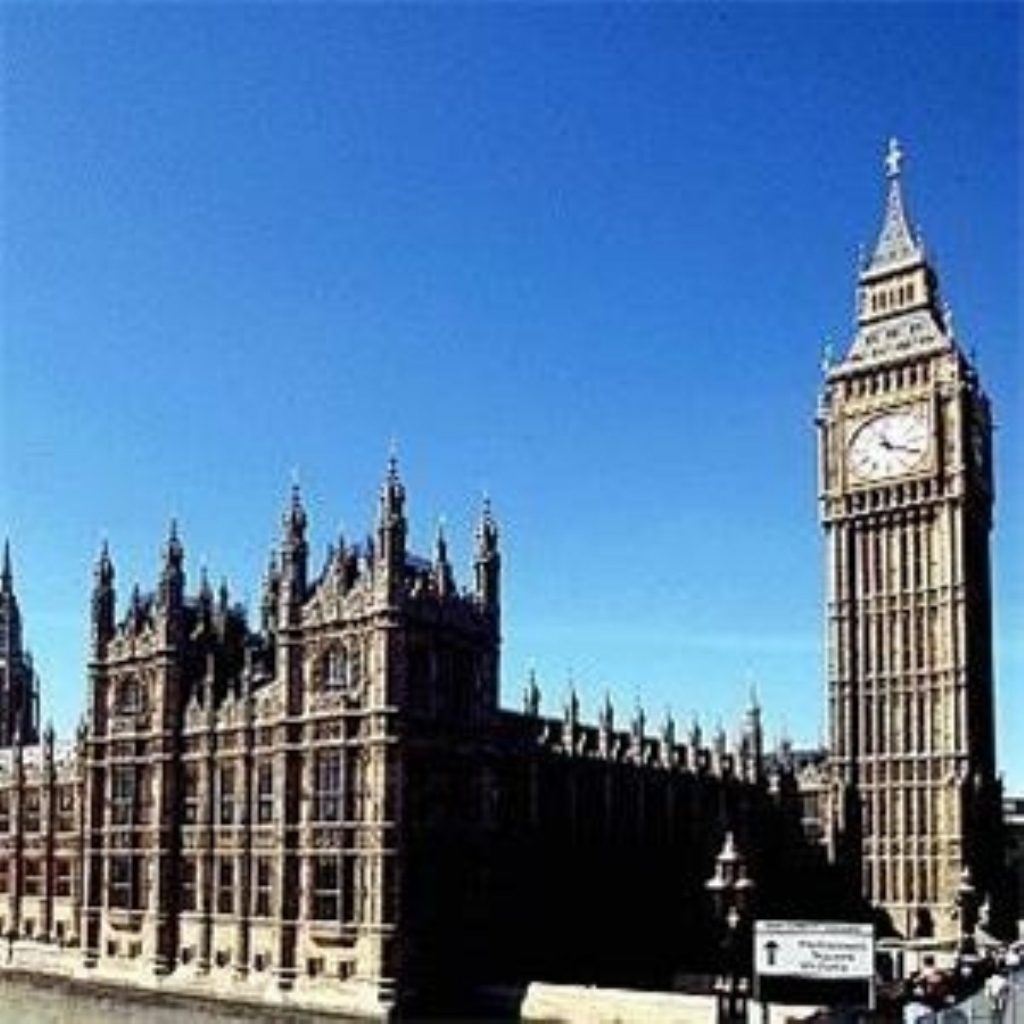The week in Westminster
It was the week environmental issues finally grew up.
MPs were back in their constituencies because of parliament’s Whitsun recess, but while they were gone environmentalism seemed to grow into something more important and real than it was last Friday.
MPs now sit up and look at environmentalism in an entirely different way, like a father suddenly realising his young son could beat him in a fight.
Before this week the environment was something which might happen later, a useful and harmless way of hovering up progressive voters. Now the environment is a clear and present political reality. It is oil at $127 a barrel and lorry drivers blockading London streets.


The Tories have made good headway on the issue, linking the fuel duty charge to the 10p tax rate fiasco in an attempt to paint Labour as the party which doesn’t care about the poor. But privately David Cameron knows the environment poses real dangers to his ‘nice party’ agenda.
Up till today, he could use the word ‘environment’ without ever having to specify what he would do about it – an option he gleefully adopted because doing something about the environment often means upsetting people. People like lorry drivers. Now the battle lines of the environmental debate are being mapped out and hard policy choices are beginning to come into focus.
Sometime soon, politicians of either colour may begin to think that short-term popularity and environmental commitment are mutually exclusive.
In the midst of a week dominated by the environment, there were two pieces of news Mr Brown had good reason to be proud of.
His decision to sign up to the Dublin treaty in banning the use of cluster bombs – against the vociferous objection of the Ministry of Defence – was a good example of Mr Brown doing what so many of his MPs want him to do. Namely, standing up for what he thinks is right in the face of strong protest.
This was complimented by news the NHS would finally hit its target of a maximum 18-weeks waiting time on its 60th anniversary. It is an impressive achievement given the state of the NHS ten years ago, but one that has gone by with only a polite modicum of media attention.
If the prime minister had any hope this kind of news would prop him up during these troubled times he was very much mistaken. The week ended with a YouGov poll putting him below the staggeringly ineffectual leadership of Michael Foot. Now the Tories have a 24 per cent lead.
It’s a bad way to end the week, but in no way an unpredictable one. When he gets back on Monday, Mr Brown has a meeting with Labour MPs to look forward to. Their manner during the media interviews which follow will tell us a great deal about how treacherous they really feel.

